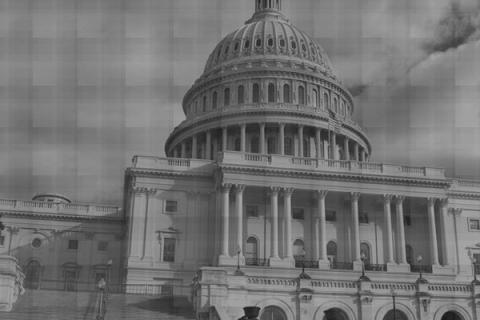Apparently, $4 billion in unexpected new revenue for the State of California materialized out of thin air right in time to be counted for the budget that just passed. But Gov. Brown and the Democrats didn't get the sales tax extension that they wanted, so sales tax will drop one percentage point and car registrations one-half of a point on July 1.
More than a few outside observers think the $4 billion increase in expected revenue is unrealistic, especially considering that the economy is stagnant. The California legislature does indeed have a long and tiresome history of making overly optimistic revenue estimates only to have them shattered by the cold, cruel hammer of reality. Maybe this time will be different, based on historical precedent, it probably won't.
The budget has a three-tiered plan for what do if the $4 billion estimate is too high. Revenue shortfalls will trigger spending cuts based on the tiers. Fascinatingly, none of the budget cuts actually add up to the amount of the revenue shortfall so any deficit will be rolled over into the 2012-2013 budget. Inquiring minds want to know why this would be considered a balanced budget. Oddly, Controller John Chiang says he can not intervene and suspend legislators' pay if Brown signs the budget.
As an example of how unrealistic the budget is, it assumes $200 million from online tax enforcement from Amazon.com affiliates. But Amazon has said they will suspend the accounts of affiliates in California. Thus, the state won't get a penny. So why is this seemingly specious bit of accounting fluff even in the budget? It appears to be fantasy money.
Jerry Brown promised no gimmicks on the budget and no kicking the problem into the next year. But that's exactly what this budget seems to contain. And it will likely have the same result as all previous budgets based on dubious accounting and perky estimates of growth - the deficit will increase and be worse the next year.
None of the structural problems of the California economy appear to have been addressed. Public pensions were untouched as was the broken proposition system whereby huge spending can be approved by voters without having to determine where the income will come from. This is made worse by propositions mandating that money only be spent in certain ways, which makes the available money to be spent even less.
Sadly, this budget, by all appearances, seems to follow the same tired path of previous budgets: Pretend and extend. Pretend things are better than they actually are, then extend the inevitable deficits into the following year.

